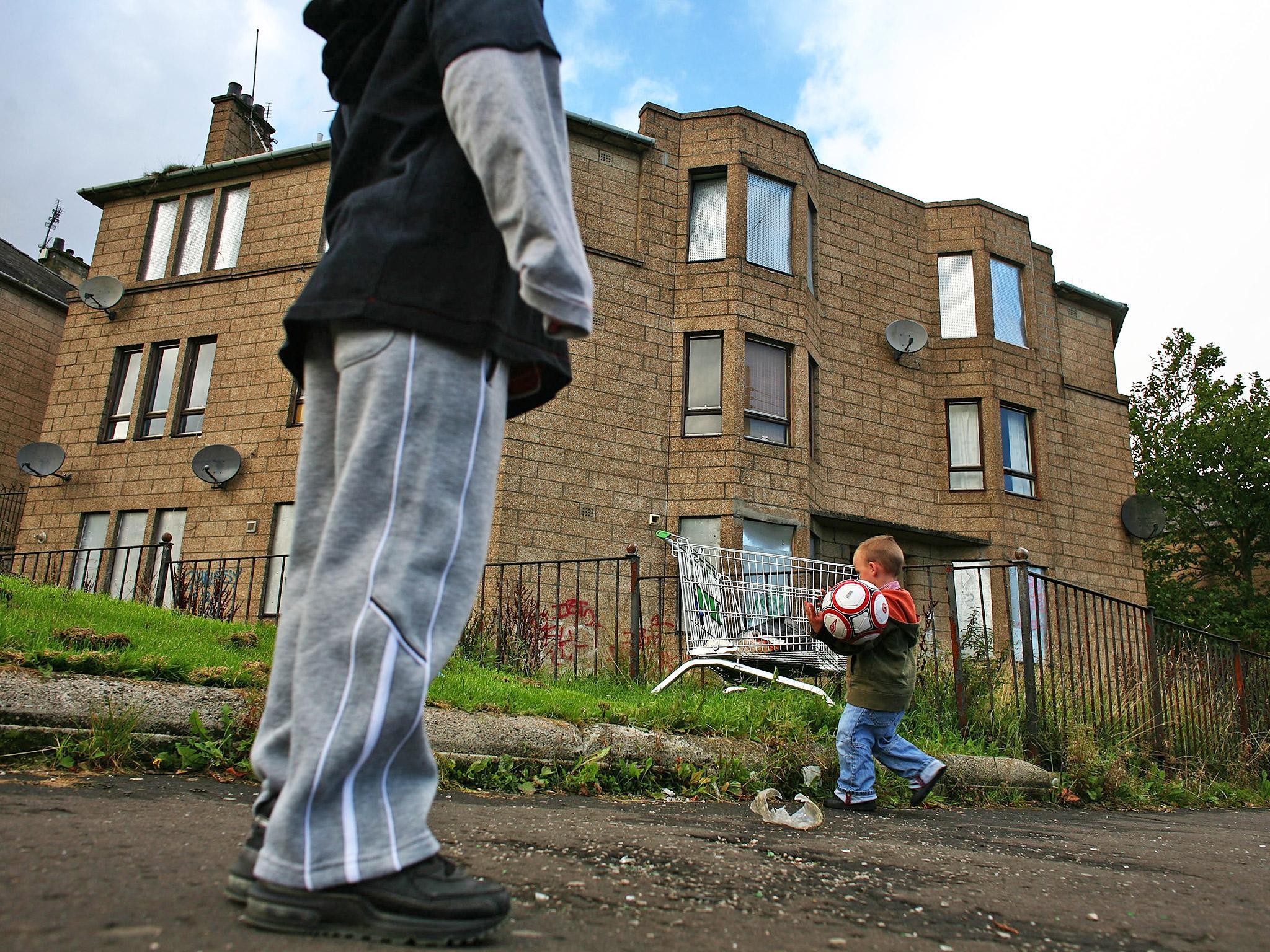The government can no longer claim that 'absolute child poverty' is falling - it is time to acknowledge the crisis and act
Until now, the government has been able to hide behind falling rates of absolute poverty – but with these figures now on the rise, that defence is weakened, and it is time for ministers to act


Your support helps us to tell the story
From reproductive rights to climate change to Big Tech, The Independent is on the ground when the story is developing. Whether it's investigating the financials of Elon Musk's pro-Trump PAC or producing our latest documentary, 'The A Word', which shines a light on the American women fighting for reproductive rights, we know how important it is to parse out the facts from the messaging.
At such a critical moment in US history, we need reporters on the ground. Your donation allows us to keep sending journalists to speak to both sides of the story.
The Independent is trusted by Americans across the entire political spectrum. And unlike many other quality news outlets, we choose not to lock Americans out of our reporting and analysis with paywalls. We believe quality journalism should be available to everyone, paid for by those who can afford it.
Your support makes all the difference.We all know child poverty is rising. When the government figures are published each year, it’s almost a given that they will show yet another increase in the number children living below the breadline. A few newspaper headlines and a handful of politicians and charities might shout about it, but by the next day the plight of these youngsters tends to be forgotten. The shock factor is gone.
This year’s annual data, published on Thursday, was no different. Except this time, they showed for the first time in five years that there has been a rise in absolute child poverty. This is the measure ministers like to use, and the measure that has been on the decrease since 2012, constituting a main pillar of the government’s rebuttal to challenges about poverty – until now.
Let's first clarify what these measures mean. Relative poverty, which most of the welfare charities tend to use, is measured as people living in homes where the income is below 60 per cent of median household income in the UK. This figure for children has been on the rise since 2010 and currently stands at 4.1 million – a staggering 500,000 more than eight years ago.
Absolute poverty on the other hand is measured as below 60 per cent of a fixed median income in the past – currently pegged to 2010-2011. Campaigners argue that this is a flawed measure, as real incomes grow over time and it should therefore be expected to fall. Indeed, it dropped by 500,000 between 2007 and 2017, which ministers have repeatedly used to defend their welfare policies.
This year, however, the official data reveals that the number of children living in absolute poverty across the UK increased by 200,000 in 2017/18, to a total of 3.7 million – marking a worrying upsurge.
Aside from the overall rise, some other emerging trends came out of the data. Among children in poverty, the proportion with one or both parents in work was up from 69 per cent to 72 per cent in a year – calling into question the government’s claims that “work remains the best route out of poverty”. The proportion of children in poverty living in households with three or more children has also surged by 10 per cent since 2012 – a clear indication that the two-child limit is having a negative impact.
In response to the figures, the government sent out an uncharacteristically contrite statement in which they said they took the numbers “extremely seriously” and acknowledged that “some families need more support”.
But these will be seen as little more than warm words by the charities who see the impact of poverty every day. They have repeatedly warned that the government’s welfare policies – notably the benefits freeze, the two-child limit, and delays under universal credit – are inextricably linked to the ongoing child poverty boom. Yet little action has been taken to alleviate this.
Until now, the government has been able to hide behind falling rates of absolute poverty – but with these figures now on the rise, that defence is weakened. It's forced ministers to acknowledge that families need more support – now is the time to act on these words.
Join our commenting forum
Join thought-provoking conversations, follow other Independent readers and see their replies
Comments